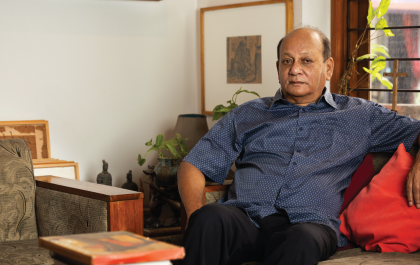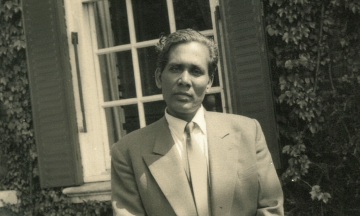Do men need to get in touch with their feminine side?
By Marwan Khadem
Lately, the conversations around masculinity and femininity have really gained momentum, which is stimulating many of us to rethink traditional gender roles. This isn’t simply a trend; it represents the need for a necessary change that can benefit us all. Consider this for a moment: a report by the World Health Organization in 2019 found that men are almost three times more likely to die by suicide than women. This alarming statistic reveals the pressing need for men to address their emotional vulnerabilities. It brings up an important question: Do men need to get in touch with their feminine side? As we navigate changing gender roles and norms, appreciating and adopting the qualities often viewed as feminine—such as empathy, vulnerability, and emotional expressiveness—might be key to improving men’s mental health and overall quality of life. Here are three significant reasons why this exploration is not just beneficial, but important.
EMOTIONAL INTELLIGENCE AND COMMUNICATION
Studies show that emotional intelligence—the ability to recognize and manage one’s emotions and the emotions of others is essential for both personal and professional relationships. Men who explore with their feminine side frequently find it easier to be vulnerable, which improves their communication skills. This emotional awareness allows them to connect more deeply with people around them, leading to healthier relationships and fewer conflicts. In a world that values collaboration, these skills are invaluable.
CHALLENGING STEREOTYPES
The rigid notions of masculinity often limit men to restrictive roles, hindering their individuality. By adopting traits typically considered feminine—such as empathy, nurturing, and openness—men can challenge these limitations and contribute to a more nuanced understanding of gender. This transformation not only benefits men but also helps to create a more inclusive society where everyone can express their authentic selves without the fear of being judged.
MENTAL HEALTH AND WELL-BEING
The societal pressure to conform to traditional masculine ideals can lead to significant mental health issues. Men are statistically less inclined to seek assistance for issues like depression or anxiety, viewing vulnerability as a sign of weakness. By engaging with their feminine side, men can begin to prioritize their mental health and understand that asking for help reflects strength, not weakness. This cultural shift can reduce stigma and promote healthier coping mechanisms. The journey of embracing one’s feminine side does not diminish masculinity; rather, it serves as an opportunity to enrich it. By nurturing emotional intelligence, challenging stereotypes, and prioritizing mental health, men can develop a fuller, more genuine version of themselves. As society continues to change, the real question changes from whether men should connect with their feminine side to how this connection can lead to a more balanced and compassionate world for all.
MWB Desk
- MWB Desk
- MWB Desk
- MWB Desk
- MWB Desk
- MWB Desk
- MWB Desk
- MWB Desk
- MWB Desk
- MWB Desk













